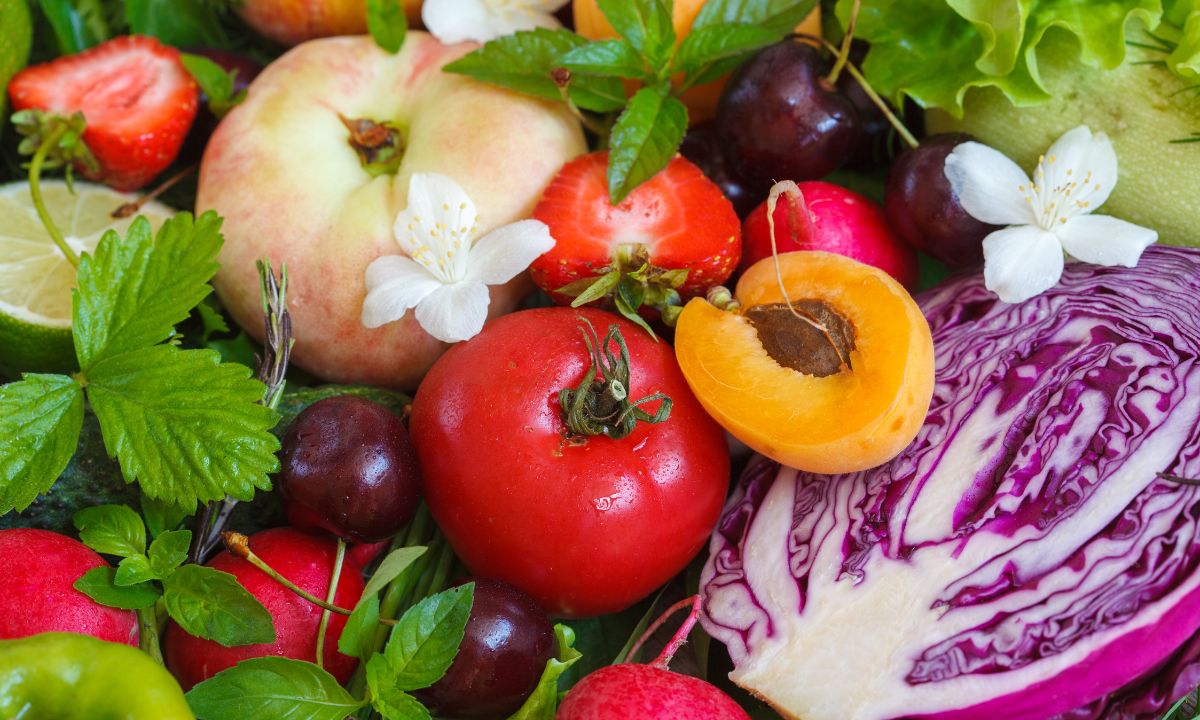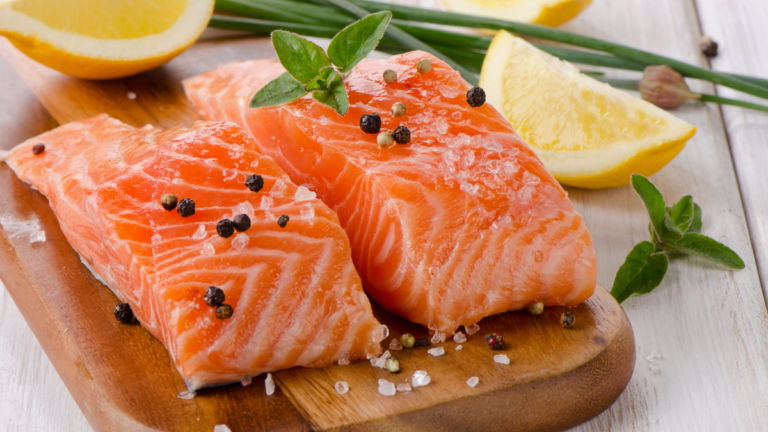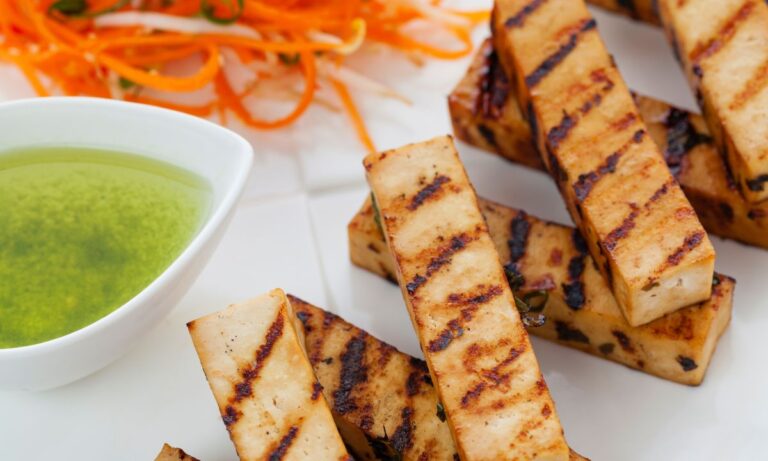Summer Fruits and Vegetables: A Guide to Eating Seasonally
Introduction
Summer is the perfect time to enjoy the freshest fruits and vegetables. The warm weather brings an abundance of colorful, flavorful, and nutrient-dense produce that can elevate your meals and improve your health. In this article, we’ll explore the health benefits of summer fruits and vegetables, discuss different types of produce, and provide tips on how to incorporate them into your diet.
Health Benefits of Summer Fruits and Vegetables
Eating seasonally not only allows you to enjoy the freshest produce but also provides numerous health benefits. Summer fruits and vegetables are packed with vitamins, minerals, antioxidants, and fiber. These nutrients can help boost your immune system, reduce inflammation, aid digestion, and even contribute to weight loss.
Types of Summer Fruits
Berries
There’s nothing like juicy, sweet berries to signify the start of summer. Strawberries, raspberries, blueberries, and blackberries are just a few examples. They’re loaded with vitamins, fiber, and antioxidants, making them perfect for snacking or adding to smoothies, salads, or desserts.
Stone Fruits
Stone fruits like peaches, plums, nectarines, and cherries are a summer staple. With their sweet, juicy flesh and unique flavors, they make for great additions to both sweet and savory dishes.
Melons
Melons such as watermelon, cantaloupe, and honeydew are quintessential summer fruits. They’re not only refreshing and hydrating but also packed with vitamins A and C.
Tropical Fruits
Although not exclusively a summer fruit, tropical fruits like mangoes, pineapples, and papayas are often available during the summer months. They’re rich in vitamins, minerals, and enzymes that promote digestion.
Types of Summer Vegetables
Leafy Greens
Summer is an ideal time for leafy greens like lettuce, spinach, arugula, and kale. These greens are packed with vitamins and minerals and can be used in salads, wraps, or smoothies.
Cruciferous Vegetables
Cruciferous vegetables like broccoli, cauliflower, and cabbage are abundant in the summer. They’re rich in fiber, vitamins, and antioxidants that help protect against chronic diseases.
Summer Squashes
Zucchini, yellow squash, and pattypan squash are versatile summer vegetables that can be grilled, sautéed, or added to salads and pasta dishes.
Root Vegetables
While many root vegetables are associated with fall and winter, some, like carrots, radishes, and beets, thrive in the summer months. They’re excellent for adding crunch and color to salads or roasting for a sweet, caramelized side dish.
How to Incorporate Summer Produce into Your Diet
Smoothies and Juices
One of the easiest ways to enjoy summer fruits and vegetables is by blending them into smoothies or juicing them. Mix your favorite fruits with leafy greens for a nutrient-packed, refreshing drink.
Salads
Salads are a fantastic way to showcase the flavors of summer produce. Combine a variety of fruits, vegetables, and leafy greens with nuts, seeds, and a light dressing for a satisfying and healthy meal.
Grilling
Grilling is a popular summer cooking method that can bring out the natural flavors of fruits and vegetables. Try grilling stone fruits, vegetables like zucchini and eggplant, or even skewers of mixed produce for a delicious, smoky flavor.
Desserts
Incorporate summer fruits into your desserts for a lighter, healthier option. Try making fruit salads, parfaits, or sorbets with your favorite seasonal fruits.
Storing and Preserving Summer Fruits and Vegetables
To keep your summer produce fresh and flavorful, store them properly. Many fruits and vegetables should be stored at room temperature, while others require refrigeration. When in doubt, follow the guidelines on the packaging or ask your local grocer.
To enjoy summer flavors year-round, try preserving your fruits and vegetables by canning, freezing, or dehydrating them.
Buying Tips for Summer Produce
When shopping for summer fruits and vegetables, look for items that are ripe, firm, and free from blemishes. Visit your local farmer’s market to find the freshest, most flavorful produce, and try to buy organic when possible.
Conclusion
Summer is a fantastic time to enjoy a variety of fresh, flavorful fruits and vegetables. By incorporating these seasonal delights into your diet, you’ll not only enjoy delicious meals but also reap the numerous health benefits they offer. Don’t forget to store and preserve your produce properly, and always seek out the freshest items when shopping.
FAQs
- What are some common summer fruits? Some common summer fruits include berries, stone fruits, melons, and tropical fruits.
- What are some common summer vegetables? Summer vegetables include leafy greens, cruciferous vegetables, summer squashes, and certain root vegetables like carrots and radishes.
- How can I incorporate summer fruits and vegetables into my diet? You can incorporate them into smoothies, salads, grilled dishes, and desserts.
- How should I store my summer fruits and vegetables? Store fruits and vegetables according to their specific storage requirements, which can include room temperature or refrigeration.
- What should I look for when buying summer produce? Look for ripe, firm fruits and vegetables that are free from blemishes, and try to buy from local sources and organic when possible.







